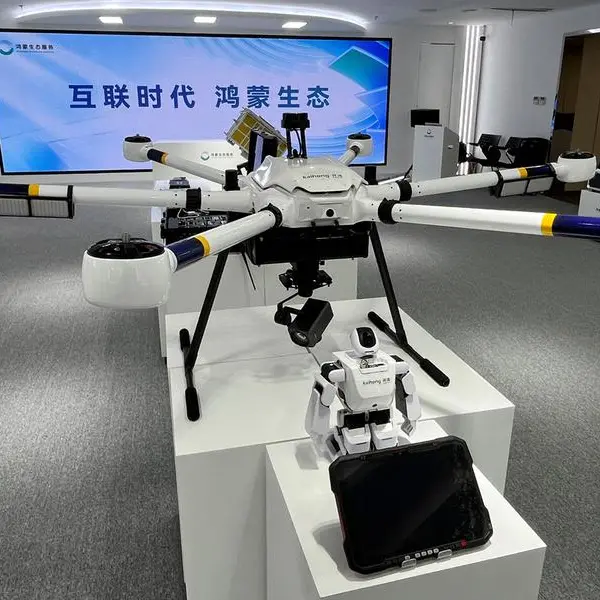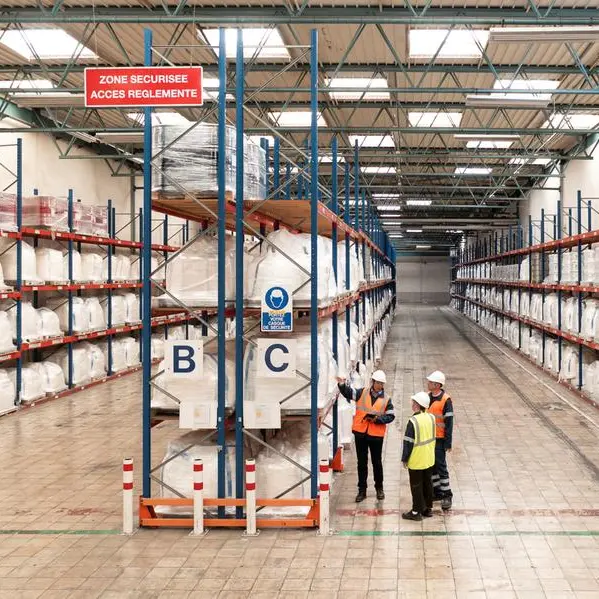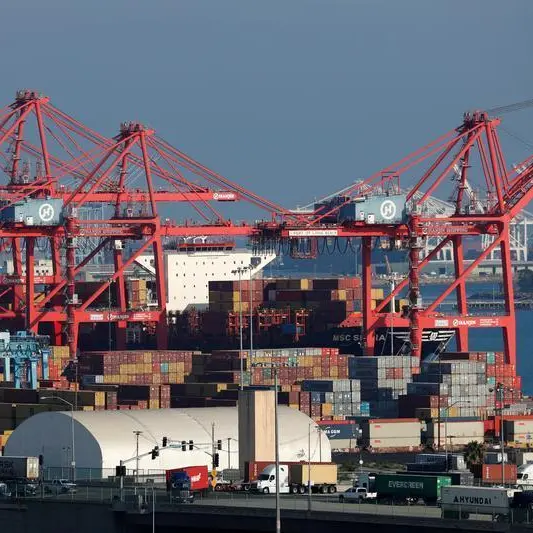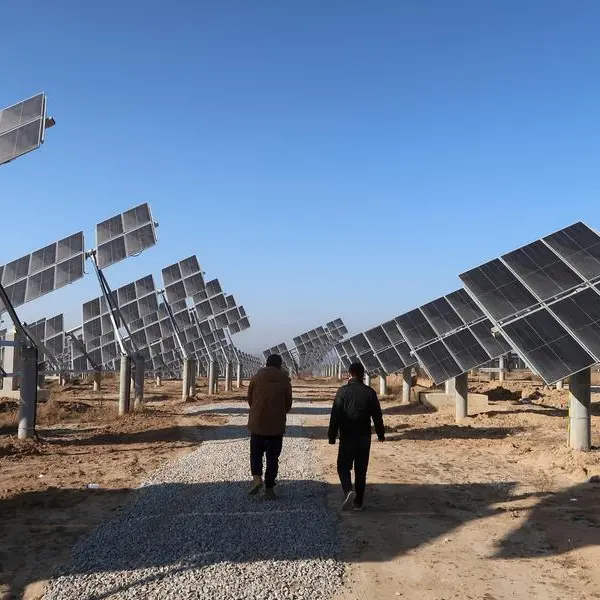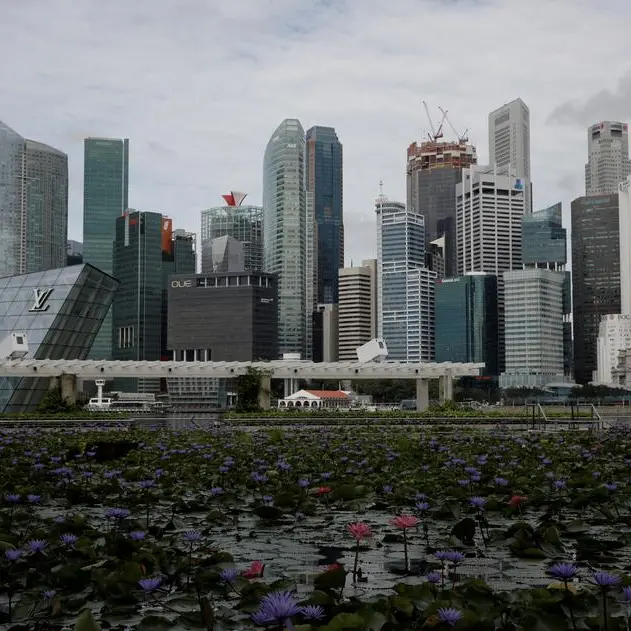The bustling streets and towers that pierce the sky not only represent the unprecedented growth that UAE has seen in the past decade, but also reflect the rapid urbanisation that has hugely impacted living standards and lifestyle in the country.
With over 86% of the population residing in city hubs and people from every nationality living here, this brings not just concrete monuments but also evolving tastes and demands to the landscape, challenging the F&B sector to adapt or risk being left behind.
Forget leisurely meals; time is the new currency in urban life. According to a 2023 report by the UAE Food & Beverage Business Group, snacking and bakery categories are leading growth in the F&B sector, surpassing overall sector expansion.
This surge in ‘grab-and-go’ options like pre-prepared meals and frozen foods are predicted to witness a strong growth over the next five years, reflecting the need for convenience without sacrificing quality. Innovation in ‘better-for-you’ frozen options and improved cold chain logistics, with investments reaching $2 billion in 2023, are offering nutritious solutions for busy urbanites.
Meanwhile, this convenience-addicted segment of consumers is not ready to compromise on their health either. As the post-Covid lifestyle has shown, wellness has become as important factor, perhaps more so, to affordability.
This is pushing consumers towards organic, functional, and healthy, presenting many local and innovative products to grow rapidly in the organic market. Valued at $34 million in 2020 and expected to reach $59 million by 2025, this market that is catering to the growing flexitarian trend with plant-based alternatives is equally crucial.
A 2023 Nielsen retail survey suggests 35% of consumers now use sustainability as a key purchasing factor, and foodservice outlets are acknowledging this shift with a growing number adding vegetarian and vegan options to their menus.
Supermarkets are also expanding their range of plant-based and sustainably-sourced foods, aligning with the rising vegan population currently at 2.4% in the UAE.
The UAE’s cultural diversity and huge expat population fuels a diverse culinary landscape. While premium imported foods cater to the high-income segment, the urban environment also demands convenient, international snacks.
Striking a balance between these seemingly contrasting demands requires understanding the nuances of different demographics and offering targeted solutions. Exploring online platforms and delivery services catering to specific cuisines can unlock hidden opportunities in this diverse market.
Recognising these evolving demands, in 2020, the UAE government launched the ambitious National Food Security Strategy 2051, aiming to position the country as a global leader in food security. This strategy, coupled with several programmes by F&B Group and Agriculture Entrepreneurs Programme are shaping the food landscape to meet consumer needs.
Some of the key developments have been to focus on vertical farming and controlled-environment agriculture (CEA) to self-sufficiency in essential crops and a reduction in reliance on imports.
This aligns perfectly with the growing consumer preference for locally sourced and sustainable products. Meanwhile, the strategic direction of the UAE leadership to encourages the adoption of precision agriculture technologies like artificial intelligence (AI) and Internet of Things (IoT), optimise resource use and improve crop yields.
Beyond health, environmental concerns are further shaping F&B habits. Consumers are increasingly mindful of provenance and sustainability, opting for eco-friendly choices like reducing meat consumption or choosing sustainably sourced products. This presents an opportunity for F&B players to embrace transparency, highlight green practices, and offer plastic-free alternatives.
The F&B industry in the UAE must be as agile as the consumer tastes. Embracing technology for personalised nutrition, incorporating convenience with health, and prioritising sustainability are key growth strategies. Additionally, catering to diverse demographics and evolving preferences requires constant innovation and market research.
The future of the UAE’s F&B sector lies not just in serving food, but in understanding and anticipating the ever-changing needs of its dynamic urban population.

